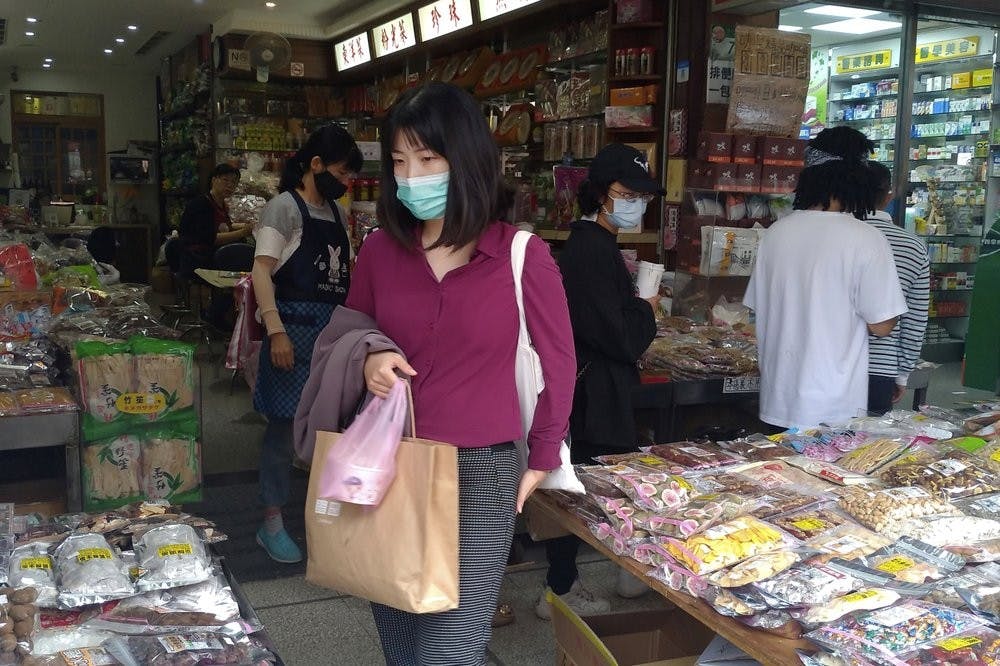Editor’s Note: This listicle is part of a weekly series by The Ball State Daily News summarizing five stories from around the world. All summaries are based on stories published by The Associated Press.
Confirmed COVID-19 cases pass 40 million globally, the Thai prime minster attempts to diminish support for pro-democracy protests, UN arms embargoes on Iran expired Sunday, Russia avoids lockdown measures as COVID-19 infections increase and New Zealand's prime minster won re-election.
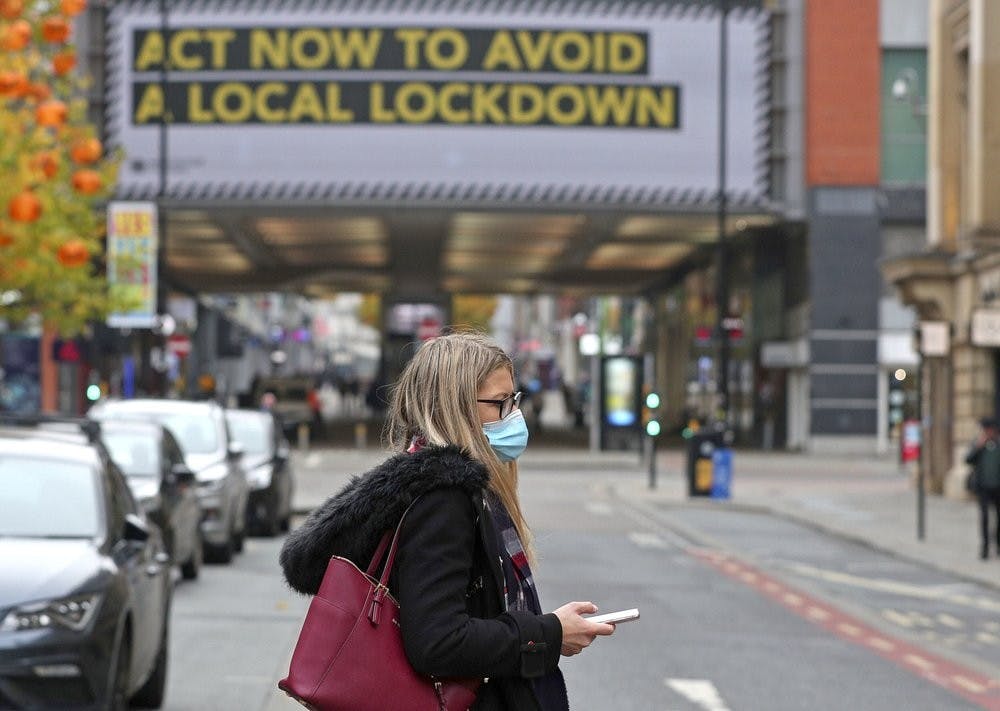
World struggles as confirmed COVID-19 cases pass 40 million
The number of confirmed COVID-19 cases across the planet has surpassed 40 million, but experts say that is only the tip of the iceberg when it comes to the true impact of the pandemic that has upended life and work around the world. The milestone was hit Monday morning, according to Johns Hopkins University, which collates reports from around the world. The actual worldwide tally of COVID-19 cases is likely to be far higher, as testing has been uneven or limited, many people have had no symptoms and some governments have concealed the true number of cases.
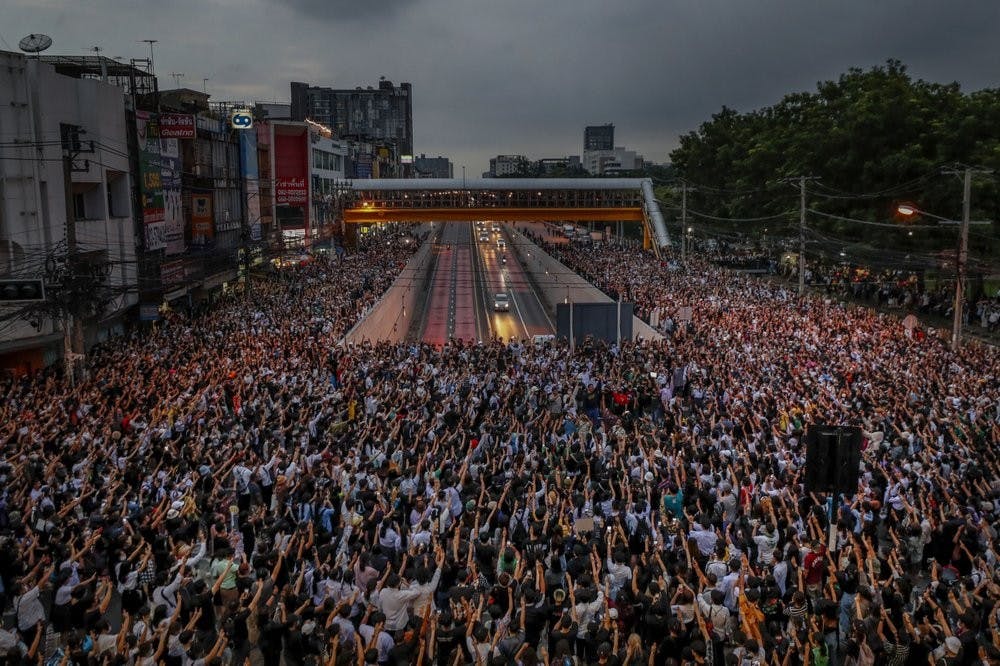
Thai authorities seek to censor coverage of student protests
Thai authorities worked Monday to stem a growing tide of protests calling for the prime minister to resign by threatening to censor news coverage, raiding a publishing house and attempting to block the Telegram messaging app used by demonstrators. The efforts by Prime Minister Prayuth Chan-ocha’s government to drain the student-led protests of support and the ability to organize comes as demonstrations have grown in the capital and spread around the country, despite an emergency decree, which bans public gatherings of more than four people in Bangkok, outlaws news said to affect national security and gives authorities broad power to detain people.
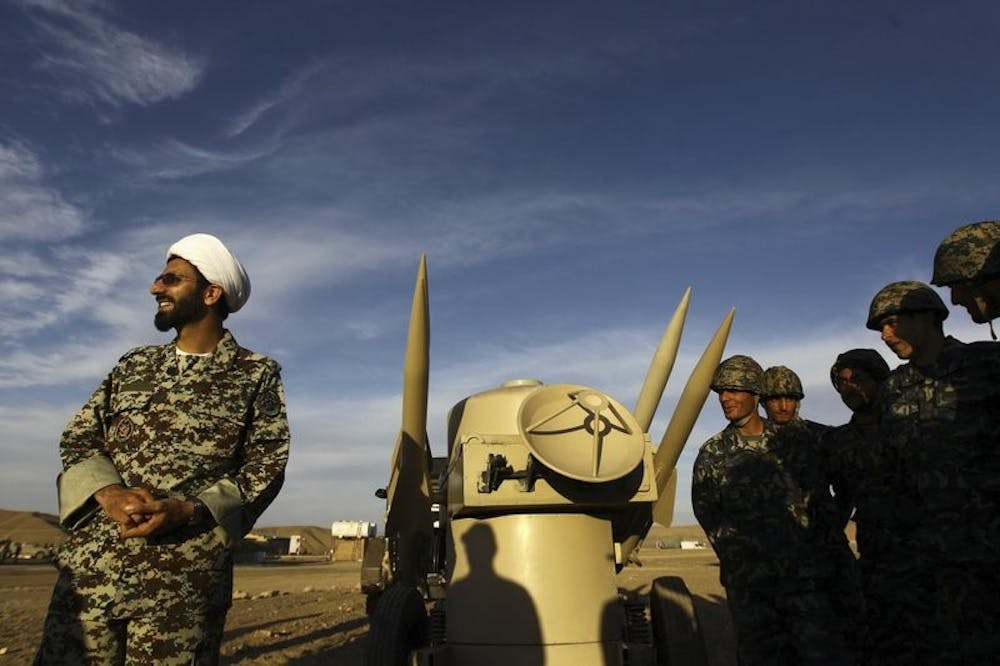
UN arms embargoes on Iran expire despite US objections
A decade-long U.N. arms embargo on Iran that barred it from purchasing foreign weapons like tanks and fighter jets expired Sunday as planned under its nuclear deal with world powers, despite objections from the United States, which insists the ban remains in place. While Iran says it plans no “buying spree,” it can now in theory purchase weapons to upgrade military armaments dating back to before its 1979 Islamic Revolution and sell its own locally produced gear abroad. In practice, however, Iran’s economy remains crippled by broad-reaching U.S. sanctions, and other nations may avoid arms deals with Tehran for fear of American financial retaliation.
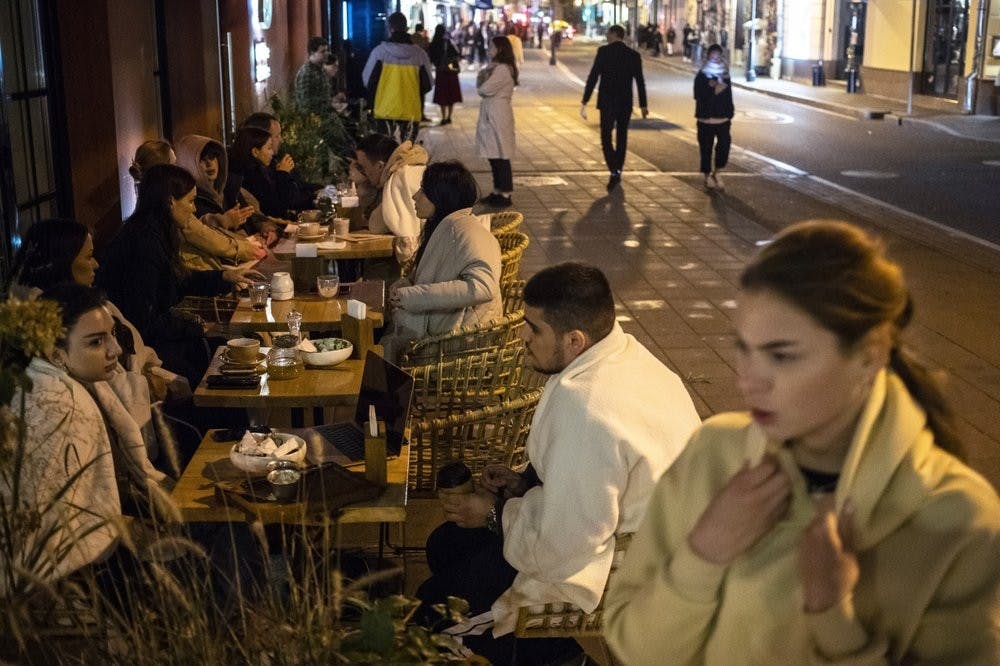
Russia shuns tough restrictions even as infections soar
On Friday night in Moscow, popular bars and restaurants in the city center were packed. No one except the staff wore a mask or bothered to keep their distance. There is little indication at all that Russia is being swept by a resurgence of coronavirus infections. As governments across Europe move to reimpose restrictions to counter rising cases, authorities in Russia are resisting shutting down businesses again. Some regions have closed nightclubs or limited the hours of bars and restaurants, but few measures have been implemented in Moscow, which is once again the epicenter of the surge.

New Zealand's Arden credits virus response for election win
A day after winning a second term in a landside victory, New Zealand Prime Minister Jacinda Ardern said Sunday she sees the election result as an endorsement of her government’s efforts to stamp out the coronavirus and reboot the economy. Speaking at a cafe near her Auckland home, Ardern said she expects to form a new government within three weeks and to prioritize work on the virus response. Her comments came as health officials reported one new case of community transmission after New Zealand went three weeks without any new infection. Officials said the man works on foreign ships at the ports, and they believe they caught his case early enough to contain the threat of further spread.

